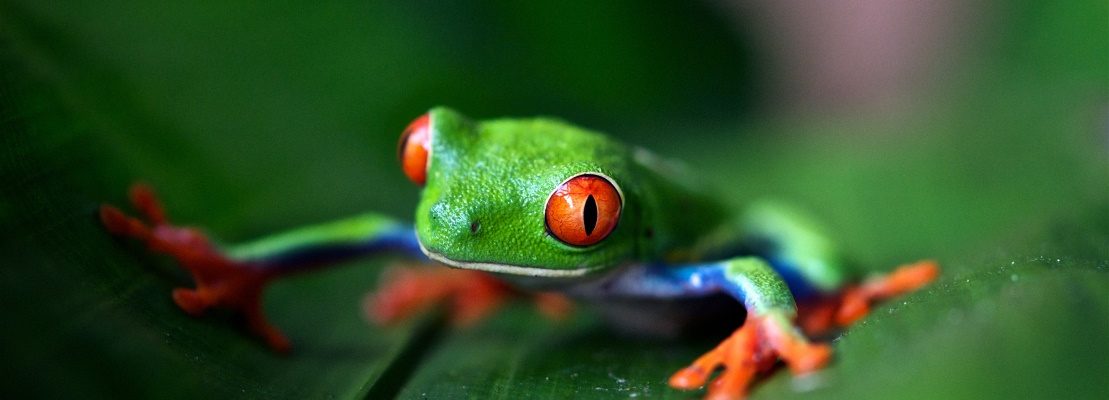
Creation. It’s all around us. We walk through it in our parks. We enjoy the beauty of a sunset. We sit on the beach or climb a hill or plant flowers or fish in a stream. Creation flows throughout the Bible as it flows in the world around us. Somehow, however, we have missed the point of creation and our responsibility toward it. Our project wants to go beyond the news story to bring the people affected by our current chaotic environment up close and personal. Their own stories, drawn from the daily experiences they are facing, will enable the often invisible to be seen and heard. It is much easier to relate to, and harder to ignore, a person speaking from their heart and out of their own pain than to sit idly by in front of a TV screen or through another sermon on ‘Love your neighbor.’ We will travel to the living room of a Black grandmother suffering through excessive summer heat while living in inadequate housing in New York City. We will hear from a Midwest farmer who has seen his land suffer from excessive drought, unpredictable weather, and corporate overreach. Indigenous voices of those whose tribal lands are disappearing under rising seas will be heard. A migrant worker will have the chance to explain how hotter, more humid summers are affecting them, their work, and their families. A teenager with climate anxiety will help bring the reality of climate change to parents and grandparents. We’ll speak with those who will explain how food insecurity can exist in a neighborhood a few blocks away from stores and wealth. These people are real, as are their stories. Their own words are more powerful than any article or blog, or even a segment on the nightly news.
In an effort to help open the eyes of our fellow Baptists, metaphorically, Baptist Creation Care Initiative (BCCI) seeks $22,000 over one year to support the filming of 10 short vignettes on the effects of environmental chaos on people from around the country, including farmers, those who live in inner-city housing, migrant laborers, coastal communities, and Indigenous peoples. A packet of information will be developed for each individual short film. This packet will include a transcript of the videos suitable for the hearing impaired, a leader’s study guide and discussion page, and a resource page with follow-up information and designated next steps for engagement by the group.
